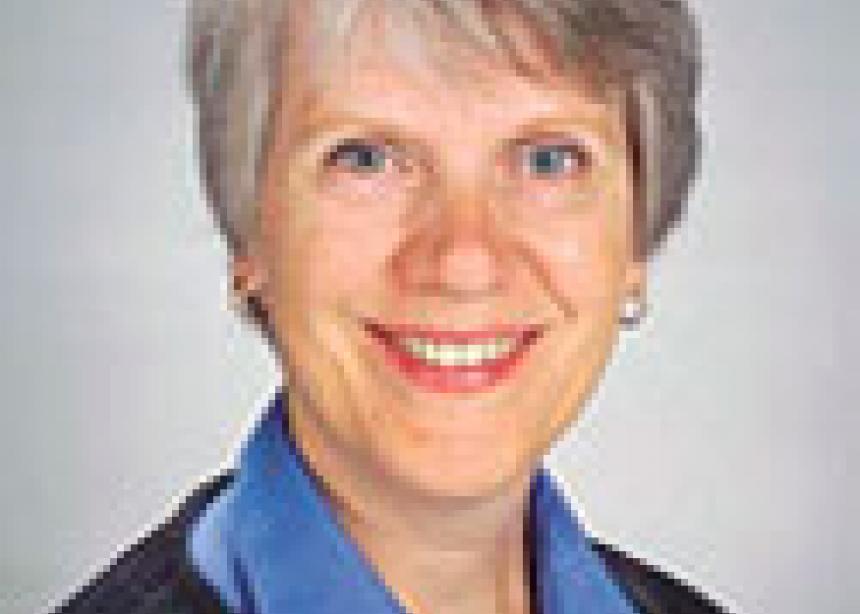Watching my friend struggle with her three-year-old, I smiled sympathetically. Her daughter, like many three-year-olds, was willful, perhaps exceptionally so, full of spirit and determination, and eager to explore the world on her terms.
This particular struggle unfolded in church, in the centre aisle, as the two made their way to a pew, or at least that seemed to be the mother’s intent. Getting the daughter there was the struggle, made more difficult by the mother’s pregnancy, her belly rounded by the twins she was carrying, and further exacerbated by the father’s absence on that particular morning. The mother was left to negotiate the long journey down the aisle as her daughter resisted. Frustration, with a side of anger, was written into the body language of both participants.
In other circumstances, a parent would quickly scoop up the child, bringing about a unilateral conclusion to the struggle. There may be residual mop-up, but both parent and child would recognize the natural outcome of the parent’s physical power.
In every parent’s life, though, there comes a moment when they recognize, much as my pregnant friend did on that Sunday morning in the centre aisle of the sanctuary, the limits of physical power.
Certain interactions between parents and children are conducted with an imbalance of power, where strong and weak, big and little, controlling and controlled meet. That same physical power provides parents with the means to protect and shelter their children, and many parents use their power wisely and carefully. Gradually but surely the physical difference between parents and children shifts to one of relative equality.
Back to the earlier stage of family life: What do parents do when they lose the physical upper hand? Different parents likely go different directions at such a time. Some of us might try to cling to power, upping the intensity of our force with a raised voice, physical pain or extreme punishment. Or we might be tempted to abdicate, letting go of the parental reins, freeing our children to follow their inclinations, regardless of the consequences. Many of us will use a combination of firmness and flexibility to navigate the path of parenthood, adapting our responses as our children grow, and as the physical power balance changes.
Parenting expert Barbara Colorosa calls this “backbone” parenting. (Her books and website at http://kidsareworthit.com are packed with inspiring, practical lessons.) When we approach parenting with a strong and responsive backbone, we offer our children clear guidance as well as flexibility that takes into account their unique personality, the spirit within them, and the context in which our family life takes place.
It’s a larger discussion than how parents care for children when they are no longer able to control them physically. More broadly, how do we use our power over those who are weak or vulnerable or less powerful? How are our physical powers used to protect and nurture, instead of to control and dominate? How are our words, one form of power, used to build up and encourage, rather than to criticize, exclude or destroy?
Through the gospels, we see that Jesus had plenty of backbone. His firmness and flexibility were evident as he taught his disciples, healed the sick and challenged oppression and sin. May we draw strength from his example to know when to stand strong as an oak, and when to bend like a willow.
Melissa Miller (familyties@mymts.net) lives in Winnipeg. She is wrapped in the family ties of daughter, sister, wife, mother, friend and pastor.



Add new comment
Canadian Mennonite invites comments and encourages constructive discussion about our content. Actual full names (first and last) are required. Comments are moderated and may be edited. They will not appear online until approved and will be posted during business hours. Some comments may be reproduced in print.